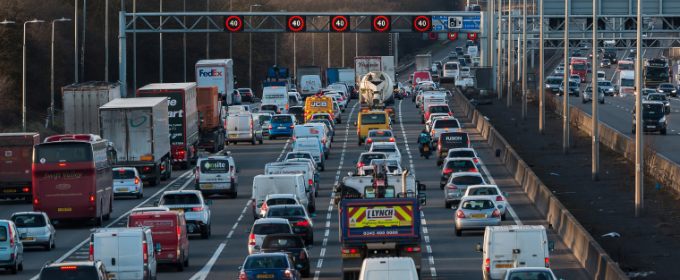Light exposure has important effects on human health and wellbeing, regulating our sleep/wake cycles, and influencing our mental and physical health. Advances in our understanding of the role of light in health, and emerging lighting technologies, now present opportunities to adjust lighting to promote optimal physical and mental health and performance. In this blog, Professor […]









